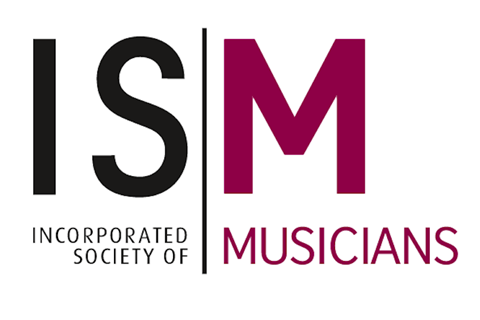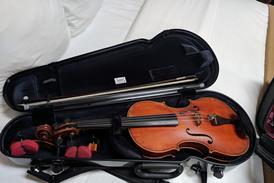The report reveals that almost 10% of primary and secondary schools are not teaching classroom music at all

The Incorporated Society of Musicians (ISM) has published a report entitled ‘The heart of the school is missing’, which looks at the devastating impact of COVID-19 on music education in our schools across the UK.
It has revealed that almost 10% of primary and secondary schools are not teaching class music at all, even though it is a requirement of the curriculum.
Elsewhere it states that 68% of primary school and 39% of secondary school teachers state that music provision is being reduced.
Extra-curricular activities are no longer taking place in 72% of primary schools and 66% of secondary schools this academic year.
Teachers report that face-to-face instrumental lessons are not continuing in 35% of primary schools and 28% of secondary schools. 86% of secondary music teachers report that they have re-written schemes of work due to coronavirus. 16% of secondary music teachers report that they have no access at all to specialist music classrooms and 43% of music teachers are required to move between non-specialist classrooms to teach some or all music this academic year. One teacher was even quoted as saying they have been forced to use 15 B & Q buckets as drums in the classroom.
According to the report, COVID-19 has exacerbated a postcode lottery which is contributing to a widening gap between those who can access instrumental tuition and those who cannot.
Read: ISM responds to government announcement for indoor performances
Read: ISM updates UK live performance guidelines
The ISM urges all four governments across the UK to implement the recommendations made in this report, particularly amending guidance on music teaching and introducing a consistent approach to assessment. They also call on the DfE to publish the revised National Plan for Music education without delay.
In a blog reflecting on the report’s findings, the Incorporated Society of Musicians’ Chief Executive, Deborah Annetts, said: ‘We are disappointed but not surprised to discover that music education provision is being reduced in our schools as a direct result of the pandemic, with opportunities for pupils to make and create music even more limited both in and out of the classroom. Our survey findings suggest all aspects of music education are being impacted including singing in schools, practical music making, instrumental learning and examinations.
She continued: ’It is vital that every child can access a quality music education. Therefore there needs to be sustained and meaningful leadership across the governments of all four nations actively encouraging safe music teaching in schools. We need to see clear, timely and consistent guidance across all four nations for the rest of the 2020/21 academic year and beyond so that music education is not disrupted further. If we do not do this then not only will less privileged children go without, but the heart of the school will be damaged in the long term.’ The full blog can be read here.


































No comments yet